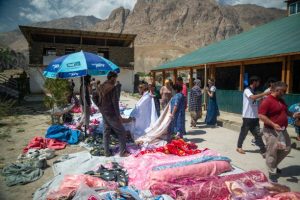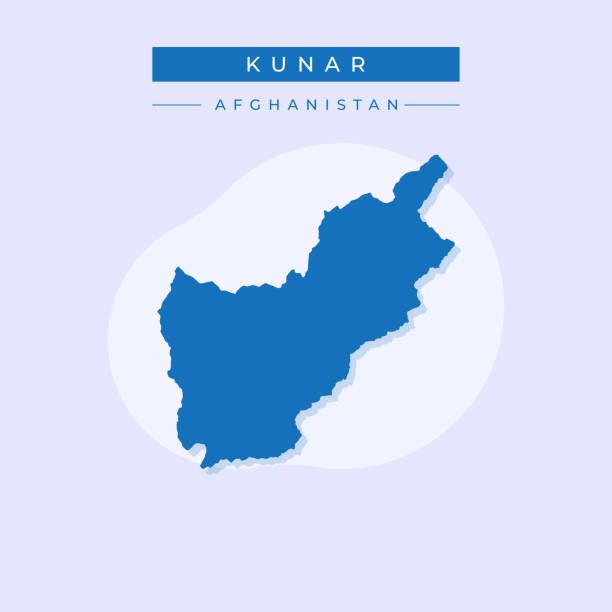The Center for the Scientific Study of Families reports are designed to provide relevant information about the conditional state of families in a specified context. The report provides information such as population, culture, family structure, and family life.
Family reports are an important tool for improving the lives of families. By providing information about the family’s conditional state and context, family reports can help improve communication between families and service providers and lead to better outcomes for families and children
Overview
Kunar is a province located in the northeastern part of Afghanistan, bordering Pakistan to the east. It is characterized by its rugged mountainous terrain, with the Hindu Kush mountain range dominating the landscape. The province is known for its picturesque valleys, deep gorges, and fast-flowing rivers, including the Kunar River. To the west of Asadabad, the provincial capital of Kunar, lies the Korengal Valley. The estimated population of Kunar province in Afghanistan was around 500,000 people.
Agriculture is the primary economic activity in Kunar, with residents engaged in subsistence farming and cultivating crops like wheat and rice. Livestock farming is also common.
Ethnic and Cultural Diversity
Kunar is home to a diverse population representing various ethnic groups. The major ethnic communities in the province include Pashtuns and Nuristanis. Each group has its own distinct cultural practices and traditions. Pashtuns are the predominant ethnic group in Kunar, whereas Sunni Muslims are the predominant religious group. A 2017 report from the Naval Postgraduate School names the following tribal groups in Kunar: Shinwari (25%) and Safi (27%). The same source reports that of the approximately 500,000 people in the province (at that time).
Marriage & Divorce Statistics
Our research did not reveal specific data for marriages in Kunar. However, we were able to identify a more general report from the United States government covering human rights practices in Afghanistan. Afghan law sets the minimum legal age of marriage at 16 for girls and 18 for boys. However, due to poverty and customs, child marriage is still a major issue in Afghanistan. While divorce is technically legal in Afghanistan, it is difficult for women to obtain. Men can divorce their wives without a court order, while women face significant social and legal obstacles when seeking a divorce.
Family Life in Kunar

Families at an Afghan market
Kunar, like many other provinces in Afghanistan, has faced security challenges due to its proximity to the border with Pakistan. The country’s ongoing conflict has an impact on the region, making it vulnerable to insurgent activity and cross-border infiltration. Despite the challenges, the people of Kunar are resilient and determined. They are working to rebuild their lives and their province, and they are determined to create a better future for themselves and their children.
Conclusion
This comprehensive report provides valuable insights into the intricacies of family life in Kunar, Afghanistan. The families in Kunar, Afghanistan, are diverse. They vary in terms of their size, structure, culture, and religion. However, they all share a strong sense of family and community. The war in Afghanistan has had a significant impact on families in Kunar, but there are some positive signs that the future may be brighter.





